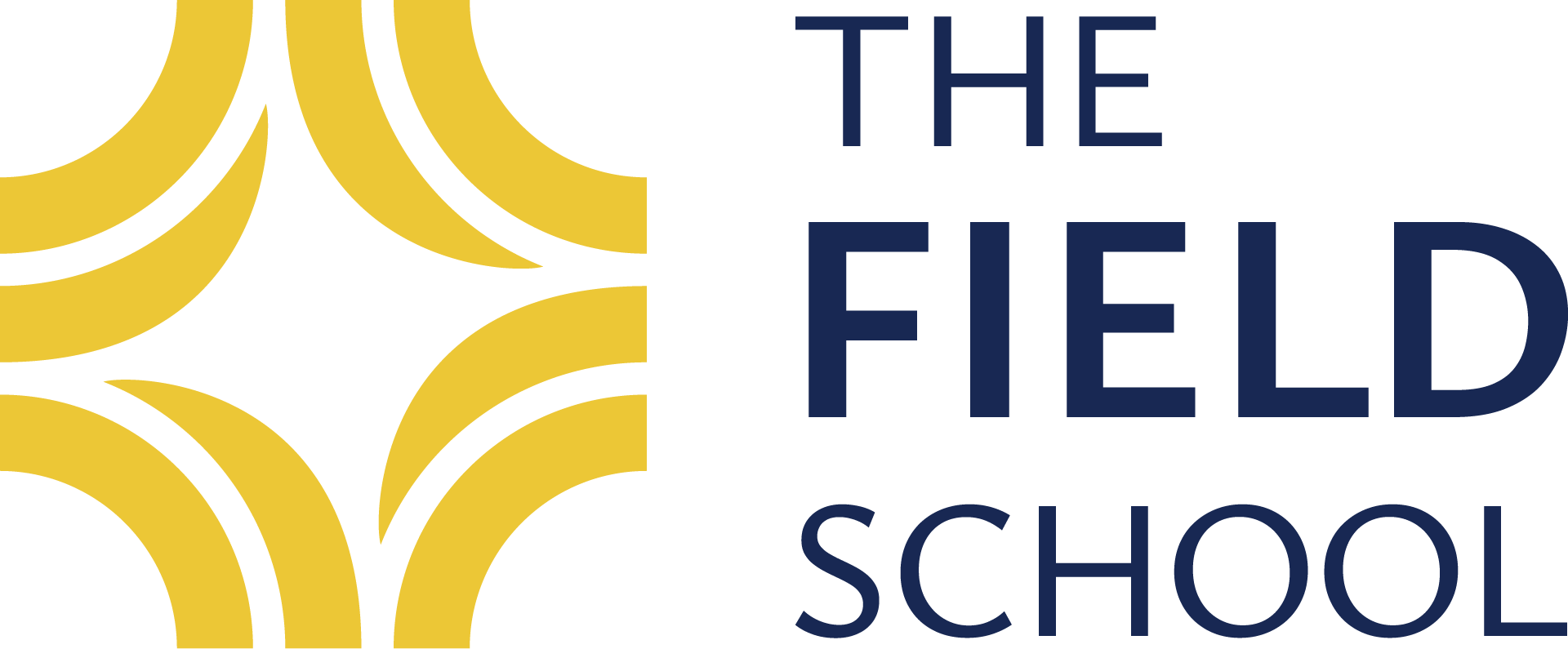By Lila Pipkin
Harvard 2024, taken by Erin Luther
Model UN is an elective at the Field School, with approximately forty members from ninth to twelfth grade. The elective is a fun and transformative experience, helping students learn the value of skills like public speaking, writing under pressure, and collaborating with other people to form a successful idea. Hundreds of thousands of high school students worldwide engage in model UN simulations and learn about how it functions.
Ellie W., a junior at the Field School, is in her second year of Model UN and is one of the elective’s student leaders. She has described Model UN conferences as a great experience for “developing speaking skills, teamwork building, and learning about world events.” Three conferences are held throughout the year at different colleges. These conferences are overnight weekend trips. In Ellie’s first year of Model UN, she attended the Harvard conference in January.
At a Model UN conference, one can be placed on a regular or crisis committee. A regular committee assigns a person a specific country to represent, while a crisis committee assigns a person another person to represent. In a regular committee, there are single and double delegations. For example, when Ellie went to Harvard, she represented the Independent State of Samoa and was on a double delegation. This means that she was paired with another delegate to represent the country. A single delegation is when a single delegate works by themselves to represent a country.
Mock conferences are a crucial part of Model UN as they help the elective to see how a real conference operates. Mock conferences are held at Field and are less high pressure, whereas real conferences are held at universities and are more formal. Ellie said “the main difference is where they’re held, ours are held at school and are only one day, it’s like a full school day, so you get eight hours, but it’s just here at school, leaders plan it, we run it, we’ll be your chair, and we don’t do awards.” Students learn new vocabulary necessary for conferences and are educated on how to write directives and blocks to communicate their ideas. These are pieces of writing that are worked on with other people that present your idea to solve the potential issue.
All conferences have an issue that is at hand that needs to be addressed. For example, in October and November, Model UN was engaging in a mock Columbia Drug Cartel conference involving the capture and arrest of Pablo Escobar. They are now moving into a different mock conference with a focus on Game of Thrones. In these two conferences listed, students played a specific character. However, people can also play as a whole country in mock conferences and real conferences.
Once the topic is decided and everyone has their roles, the debate begins. In the beginning, a round-robin occurs, where everyone goes around and speaks about who they are and where they stand on the issue. Once that is done, people can motion for debate on a certain topic. For example, someone could motion for a 5/30 on military action to capture Pablo Escobar, meaning that five people would talk for 30 seconds each. If this motion is passed and people vote for it, the conversation starts, and people can sign up to speak on the issue.
Model UN has been known to improve skills such as public speaking and writing. Speaking skills can be improved through debate and speech and are mainly developed under pressure as people are speaking without a specific script in front of them. Resolution papers are written during the conference, and Ellie said that they teach you a “new format for writing and, I think it really helps with your teamwork abilities.”
Model UN leaders plan the activities in the elective and are responsible for planning mock conferences. Leaders meet at lunch before the days that Model UN is scheduled for and talk about ideas for future meetings. The leaders of Model UN play the role of the backroom in mock conferences and run the meetings.
In addition to Ellie, seniors Charles C., Fiona H., Seneca B., and Josh G. are all leaders of Model UN. Model UN has been a part of The Field School for many years and has connected grades 9 through 12 with collaboration and debate. It continues to be an educational and transformative experience.

